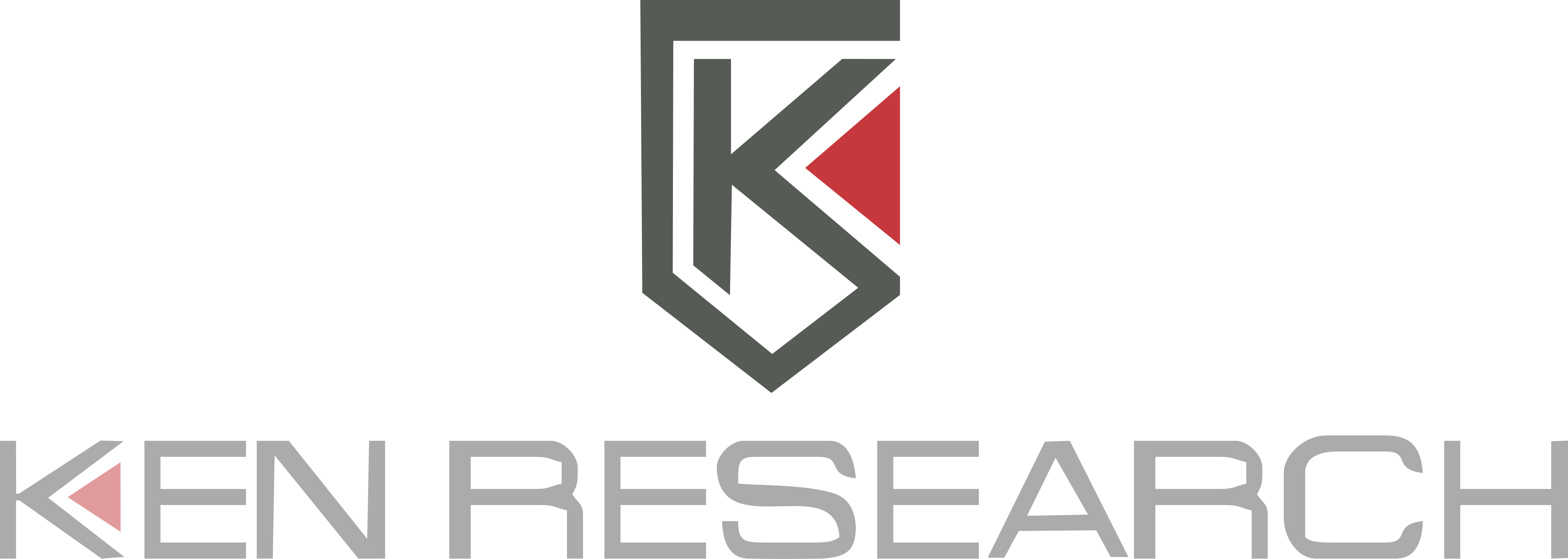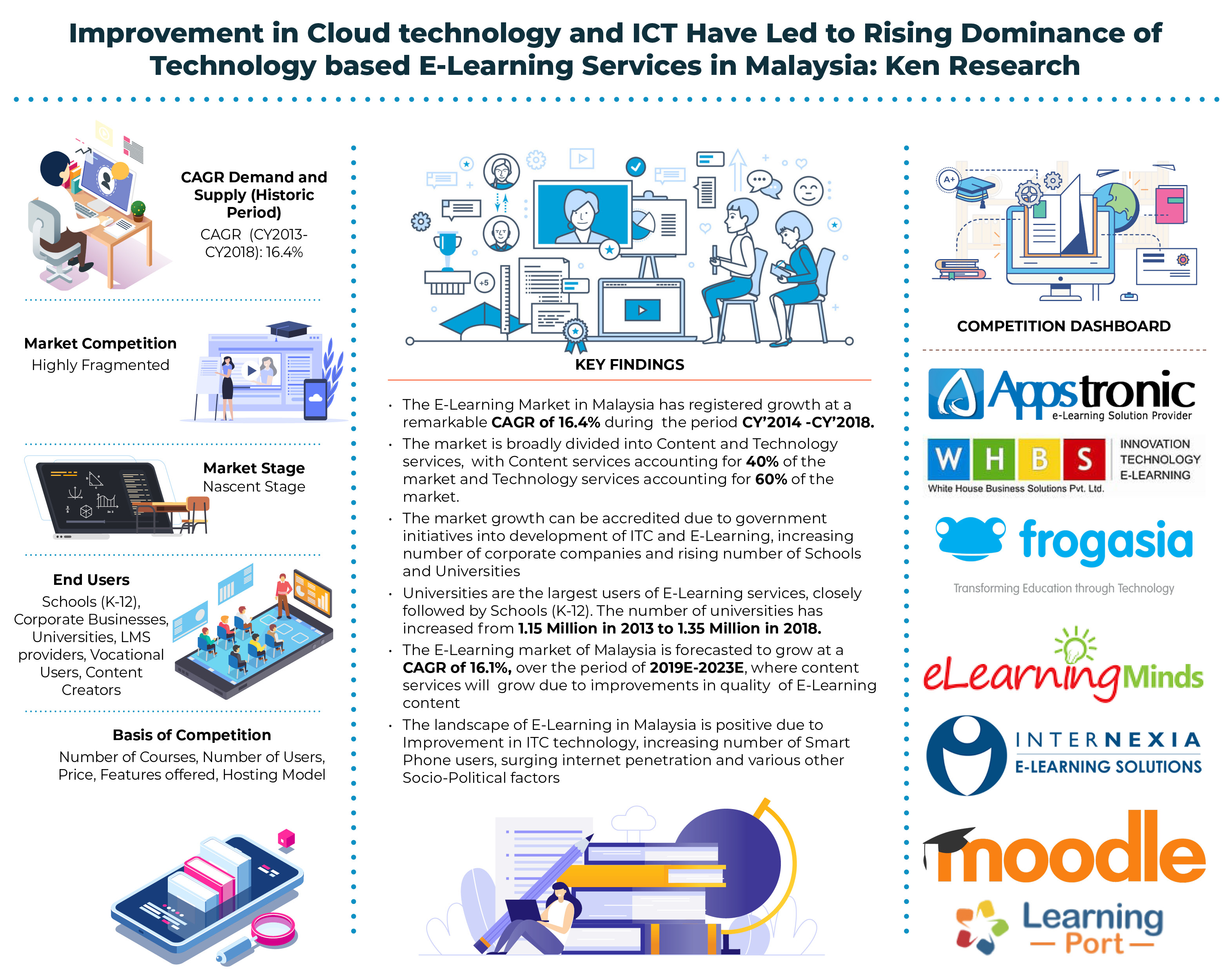4 mins read
Malaysia E-Learning Market Outlook 2023: Ken Research

April 24, 2024
Copyright 2023, IT Voice Media Pvt. Ltd.
All Rights Reserved



 opics for government and competitive exams. These courses follow a strict syllabus and clear guidelines.
opics for government and competitive exams. These courses follow a strict syllabus and clear guidelines.